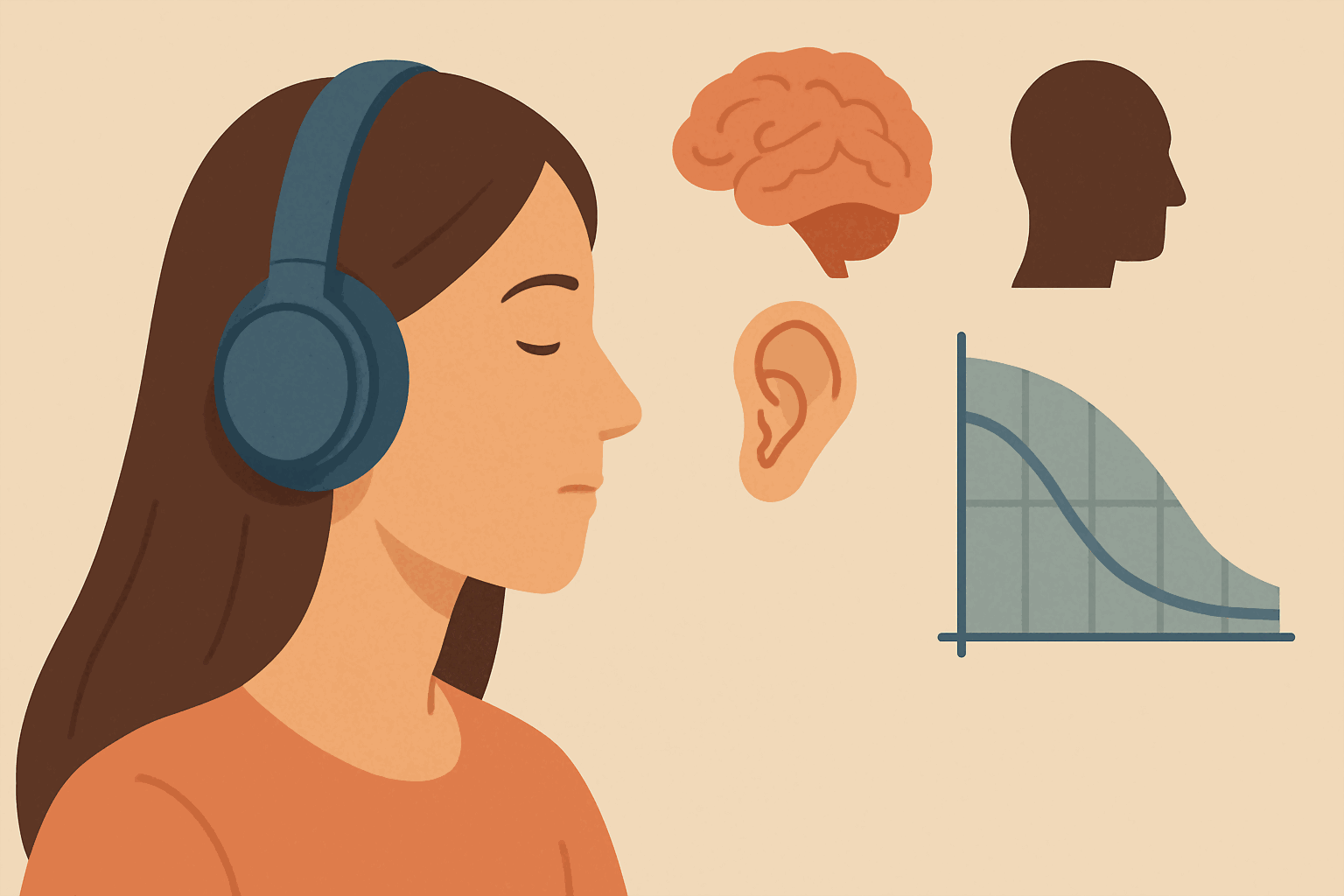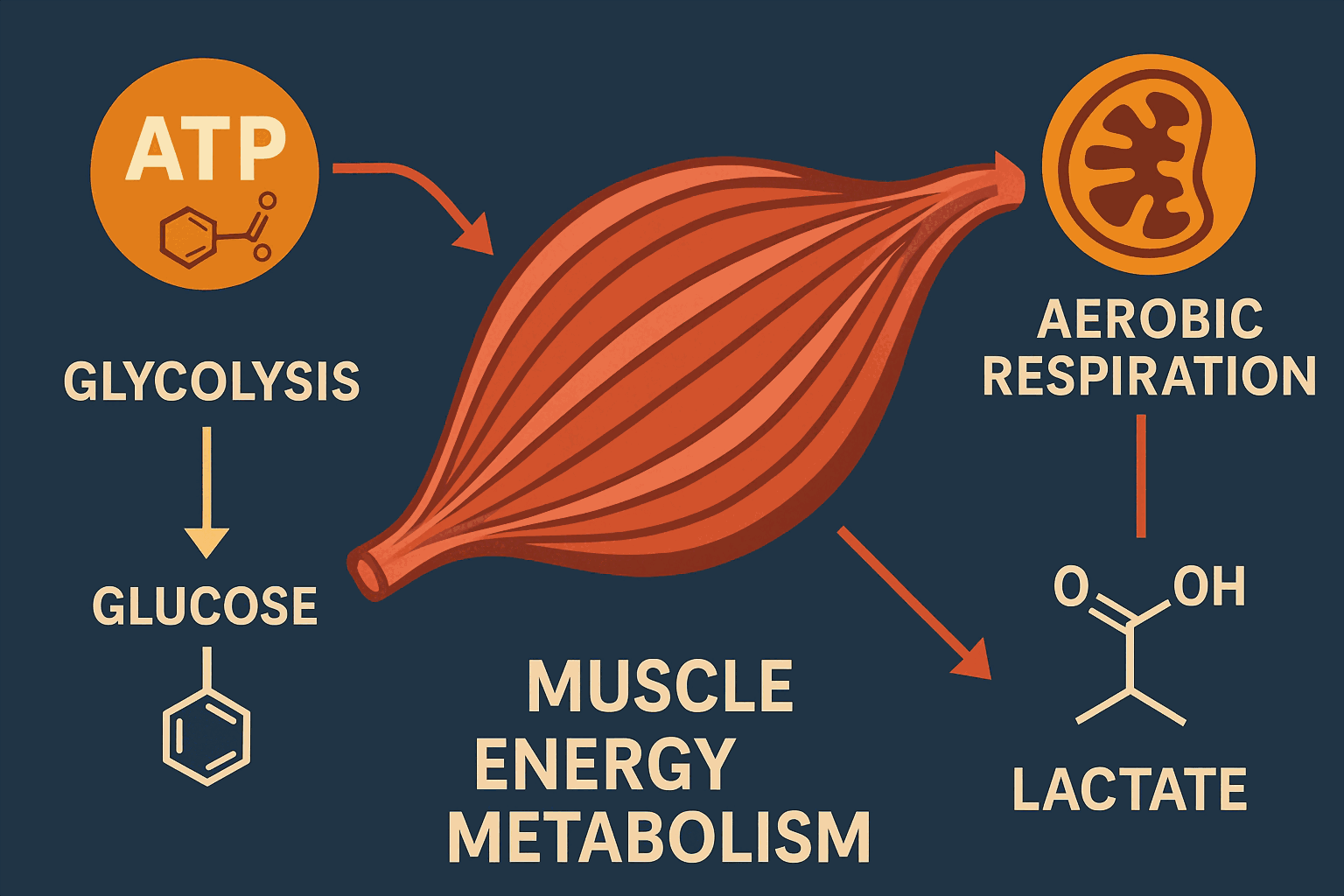
Omega-3 Fatty Acids and Brain Health
Table of Contents
Fast Facts: Omega-3s and Your Brain
- Key Players: Omega-3s, especially DHA and EPA, are vital fats for brain structure and function.
- How They Work: They integrate into brain cell membranes, enhancing flexibility, cell signaling, and promoting neuroplasticity.
- Neuroprotection: A derivative, neuroprotectin D, helps reduce inflammation and protect brain cells.
- Memory Boost: Studies show omega-3s can modestly improve memory, with some gender-specific effects (episodic for women, working memory for men).
- Sharper Thinking: A small but positive impact on executive functions (like critical thinking and planning) has been observed.
- Not a Panacea: Omega-3s don’t appear to significantly improve language skills or general cognitive function across the board.
- Age Matters: Benefits are often more pronounced in older adults (60+) and those with mild cognitive impairment.
- Dietary Sources: Fatty fish are rich sources; supplements are an option but quality varies.
Unlocking Brain Potential: The Role of Omega-3 Fatty Acids
The quest for maintaining and enhancing brain health is a journey many of us embark on, especially as we age. Among the myriad of nutritional strategies, omega-3 fatty acids consistently emerge as a key player. But what does the science really say about their impact on our cognitive prowess? This article delves into the mechanisms, benefits, and limitations of omega-3s for brain health, grounded in evidence-based research.
What Exactly Are Omega-3 Fatty Acids?
Omega-3 fatty acids are a type of polyunsaturated fat that are essential for human health, meaning our bodies cannot produce them in sufficient quantities, and we must obtain them from our diet. The three main omega-3s are:
- Eicosapentaenoic Acid (EPA): Primarily known for its anti-inflammatory properties, EPA also plays a role in cell signaling.
- Docosahexaenoic Acid (DHA): A major structural component of the brain and retina. DHA is crucial for brain development and ongoing cognitive function.
- Alpha-Linolenic Acid (ALA): Found in plant sources, ALA can be converted into EPA and DHA in the body, but this conversion process is often inefficient.
For brain health, DHA and EPA are the most researched and considered most directly beneficial.
The Science: How Omega-3s Nurture the Brain
Omega-3 fatty acids, particularly DHA, exert their influence on the brain through several intricate mechanisms:
Cell Membrane Integration: DHA is a primary structural fat in the brain and is readily incorporated into the phospholipid bilayers of brain cell membranes. This incorporation has profound effects:
- Increased Membrane Fluidity: Omega-3s make cell membranes more flexible. This is crucial for the optimal function of membrane-bound proteins, such as receptors and ion channels, which are vital for nerve signal transmission.
- Modulation of Lipid Rafts: They can alter the composition and function of lipid rafts – specialized microdomains within cell membranes that act as organizing centers for signaling molecules. This can lead to more efficient and effective intracellular communication.
Promoting Neuroplasticity: Omega-3s are linked to enhanced neuroplasticity, which is the brain’s remarkable ability to reorganize itself by forming new neural connections throughout life. This adaptability is fundamental for learning, memory, and recovery from brain injury. They may influence levels of Brain-Derived Neurotrophic Factor (BDNF), a protein that promotes the survival, growth, and differentiation of new neurons and synapses.
Neuroprotective Effects via Neuroprotectin D1 (NPD1): DHA can be converted in the brain to a potent bioactive lipid mediator called Neuroprotectin D1 (NPD1). NPD1 exhibits significant neuroprotective actions:
- Reduces Inflammation: It helps to quell neuroinflammatory processes, partly by inhibiting pro-inflammatory signaling pathways like NF-κB. Chronic inflammation is detrimental to brain health.
- Regulates Cell Survival: NPD1 can modulate the activity of proteins involved in programmed cell death (apoptosis), such as those in the BCL-2 family, thereby protecting neurons from various stressors and damage.
Evidence from Research: Impact on Cognitive Functions
Extensive research, including numerous meta-analyses, has investigated the effects of omega-3 supplementation on various aspects of cognitive function. Here’s what the evidence suggests:
Executive Functions: A comprehensive analysis of multiple studies indicated a modest positive effect of omega-3s on executive functions. These functions are a set of higher-level cognitive processes that include critical thinking, problem-solving, planning, and working memory. The effect size, while statistically significant, was small (Hedges’ g = 0.22), suggesting a subtle improvement.
Memory Performance: A more notable impact was observed on memory, with an overall effect size of Hedges’ g = 0.34. Interestingly, some research points to gender-specific benefits:
- Women: Showed improvements primarily in episodic memory – the ability to recall specific events, situations, and experiences.
- Men: Appeared to benefit more in terms of working memory – the capacity to hold and manipulate information temporarily for complex cognitive tasks. A broader review also supports the role of omega-3s in improving memory function, especially in certain populations.
What Omega-3s May Not Significantly Improve
It’s equally important to understand the limitations. Based on current research, omega-3 supplementation does not appear to yield significant improvements in:
- Language Skills: Including vocabulary, verbal fluency, or comprehension.
- General Cognitive Function: When assessed broadly, the impact on overall cognitive status in healthy individuals might be minimal or not apparent.
Important Considerations: Study Demographics and Context
A crucial factor to note is that many studies demonstrating cognitive benefits from omega-3s have predominantly involved participants over the age of 60. The positive effects observed in this demographic, particularly those with pre-existing mild cognitive impairment (MCI), may not directly translate with the same magnitude to younger, healthy individuals. The brain’s needs and responsiveness to nutritional interventions can change with age and baseline cognitive status.
Who Stands to Benefit Most?
Based on the current body of evidence, omega-3 supplementation for cognitive benefits appears most promising for:
- Older Adults (60+): This age group often shows more pronounced benefits, possibly due to age-related decreases in omega-3 levels or increased vulnerability to cognitive decline.
- Individuals with Mild Cognitive Impairment (MCI): Omega-3s may help slow cognitive decline or improve specific cognitive domains in those already experiencing mild memory or thinking issues.
- Individuals with Low Baseline Omega-3 Levels: Those with diets deficient in omega-3s may see more significant improvements when they begin supplementation or increase dietary intake.
Practical Takeaways and Recommendations

- Prioritize Dietary Sources: The best way to get omega-3s is through diet. Fatty fish like salmon, mackerel, sardines, and herring are excellent sources of EPA and DHA. Plant-based ALA can be found in flaxseeds, chia seeds, and walnuts.
- Consider Supplementation Wisely: If dietary intake is insufficient, or if specific health concerns warrant it, supplementation can be considered.
- Look for supplements specifying EPA and DHA content.
- Choose reputable brands that test for purity and contaminants (e.g., heavy metals).
- Consult with a healthcare professional before starting any new supplement, especially if you have underlying health conditions or are taking medications (e.g., blood thinners).
- Holistic Approach: Omega-3s are not a magic bullet. Optimal brain health relies on a multifaceted approach including a balanced diet, regular physical activity, adequate sleep, stress management, and continued mental engagement.
Conclusion: A Modest but Meaningful Role
Omega-3 fatty acids, particularly DHA and EPA, play a scientifically validated role in supporting brain structure and function. While not a universal cognitive enhancer, the evidence suggests they can offer modest but meaningful improvements in specific areas like memory and executive functions, especially for individuals over 60 and those experiencing mild cognitive impairment.
Understanding their mechanisms and the nuances of research findings allows us to appreciate the value of these essential fats within a broader strategy for lifelong brain health. Further research will continue to refine our understanding of their optimal use for cognitive well-being.
(Future articles will delve into the effects of omega-3s on other aspects of health, such as cardiovascular and joint health.)
Frequently Asked Questions (Q&A)
Q1: What are the main types of omega-3 fatty acids and their benefits for the brain?
Q2: How do omega-3s improve memory and cognitive function?
Q3: Are there specific populations that benefit more from omega-3 supplementation for brain health?
Q4: Can omega-3s prevent cognitive decline in healthy individuals?
Q5: What are the best dietary sources of omega-3s?
Disclaimer
The information provided on BioBrain is intended for educational purposes only and is grounded in science, common sense, and evidence-based medicine. It is not a substitute for professional medical advice, diagnosis, or treatment. Always consult a qualified healthcare provider before making significant changes to your diet, exercise routine, or overall health plan.
References
- Dyall, S. C. (2015) "Long-chain omega-3 fatty acids and the brain: a review of the independent and shared effects of EPA, DPA and DHA"
- Kuratko, C. N., Barrett, E. C., Nelson, E. B., Salem Jr, N. (2013) "The relationship of docosahexaenoic acid (DHA) with learning and behavior in healthy children: a review"
- Lukiw, W. J., Cui, J. G., Marcheselli, V. L., Bodker, M., Botkjaer, A., Gotlinger, K., ... & Bazan, N. G. (2005) "A role for docosahexaenoic acid-derived neuroprotectin D1 in neural cell survival and Alzheimer disease"
- Yurko-Mauro, K., Alexander, D. D., & Van Elswyk, M. E. (2015) "Docosahexaenoic acid and adult memory: a systematic review and meta-analysis"
- Rathod, R., Kale, A., & Joshi, S. (2016) "A meta-analysis of effects of omega-3 fatty acids on cognitive function in Phenylketonuria"
- Jiao, J., Li, Q., Chu, J., Zeng, W., Yang, M., & Zhu, S. (2014) "Effect of n-3 PUFA supplementation on cognitive function throughout the life span from infancy to old age: a systematic review and meta-analysis of randomized controlled trials"
- Proctor, M. J., & Waskiel, S. A. (2013) "Omega-3 fatty acids and cognition in men: A review of the literature"
- Hussein, N., & Finyalson, G. (2016) "Omega-3 polyunsaturated fatty acids and anxiolytic effects: a critical review"
- Forbes, S. C., Holroyd-Leduc, J. M., Poulin, M. J., & Hogan, D. B. (2015) "Effect of omega-3 PUFA supplementation on cognitive function and well-being in healthy older adults: A systematic review and meta-analysis"
- Li, X., Zhang, M., Pan, R., & Zhao, F. (2019) "Effects of n-3 Polyunsaturated Fatty Acids on Cognition in Adults with Mild Cognition Impairment: A Systematic Review and Meta-Analysis"
- Swanson, D., Block, R., & Mousa, S. A. (2012) "Omega-3 fatty acids EPA and DHA: health benefits throughout life"
- Gao, Y., Tan, L., Yu, J. T., & Tan, L. (2017) "The role of BCL-2 family proteins in Alzheimer's disease"
- Hayden, M. S., & Ghosh, S. (2008) "Shared principles in NF-κB signaling"
- Calder, P. C. (2015) "Marine omega-3 fatty acids and inflammatory processes: Effects, mechanisms and clinical relevance"
Tags :
- Omega 3
- Dha
- Epa
- Brain health
- Memory improvement
- Executive function
- Cognitive enhancement
- Neuroplasticity
- Supplements
- Healthy aging


